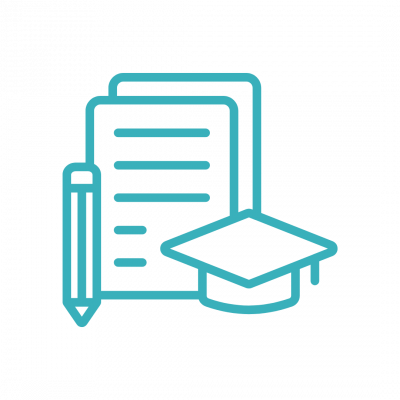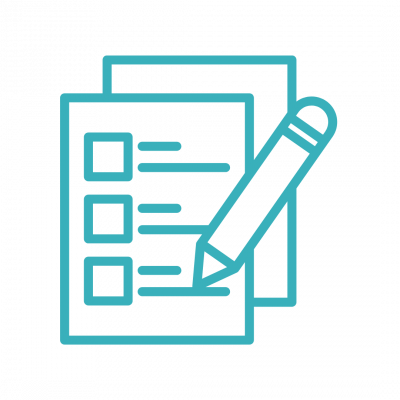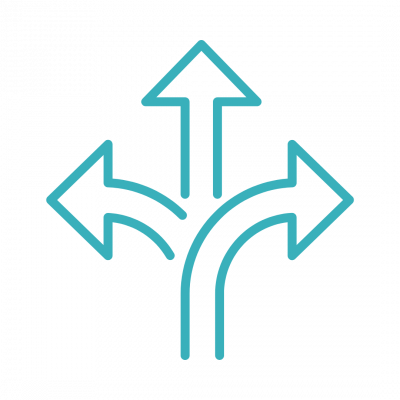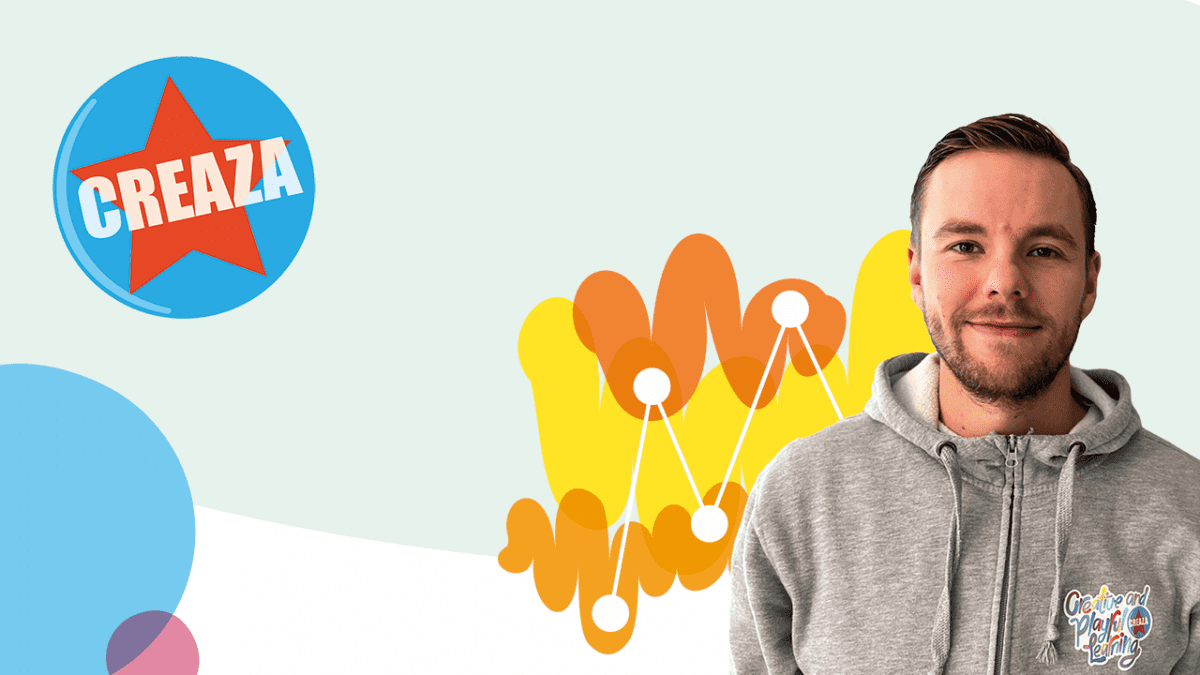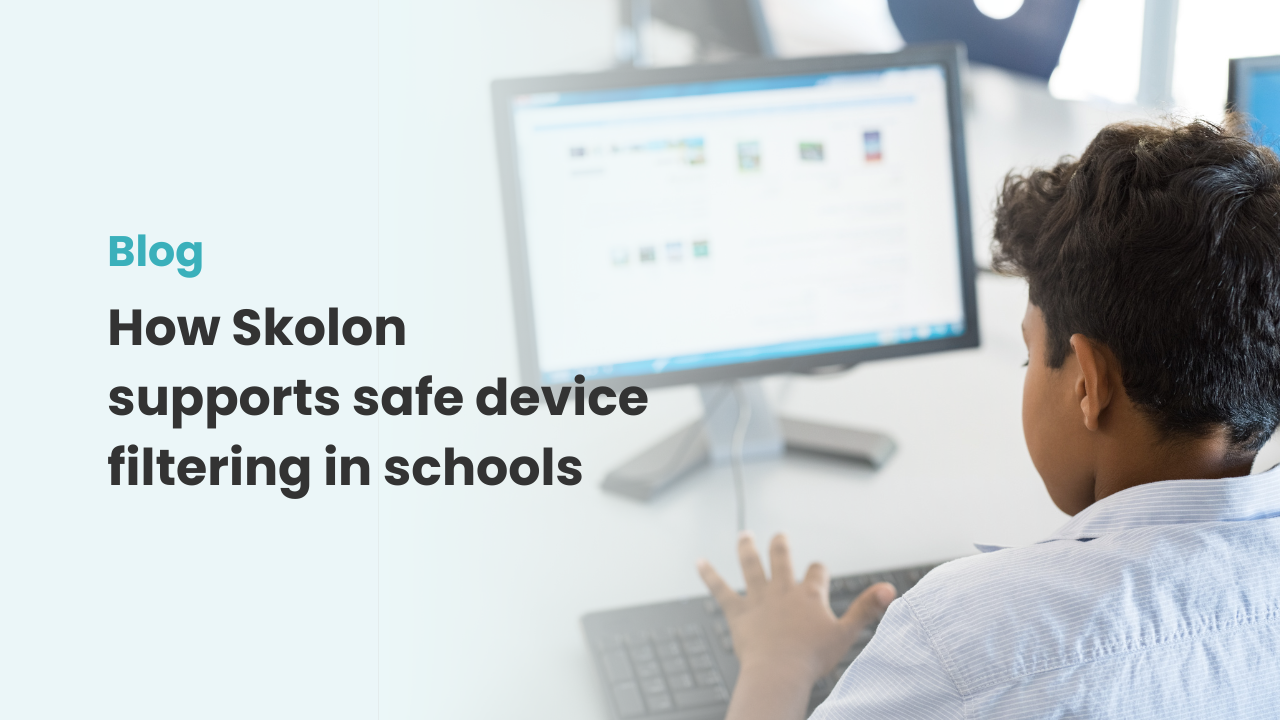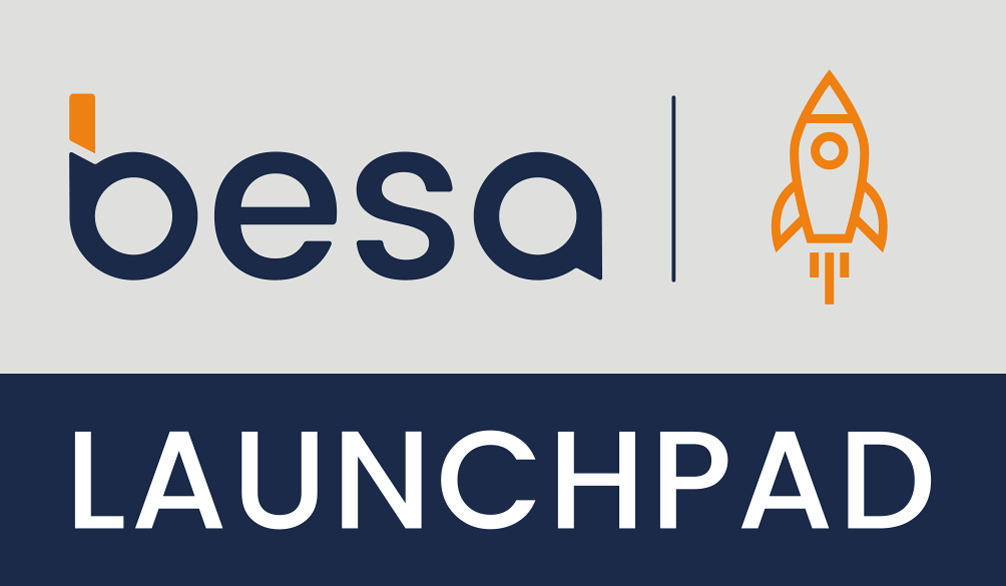Empowering every learner: The pedagogical and digital shift in UK education
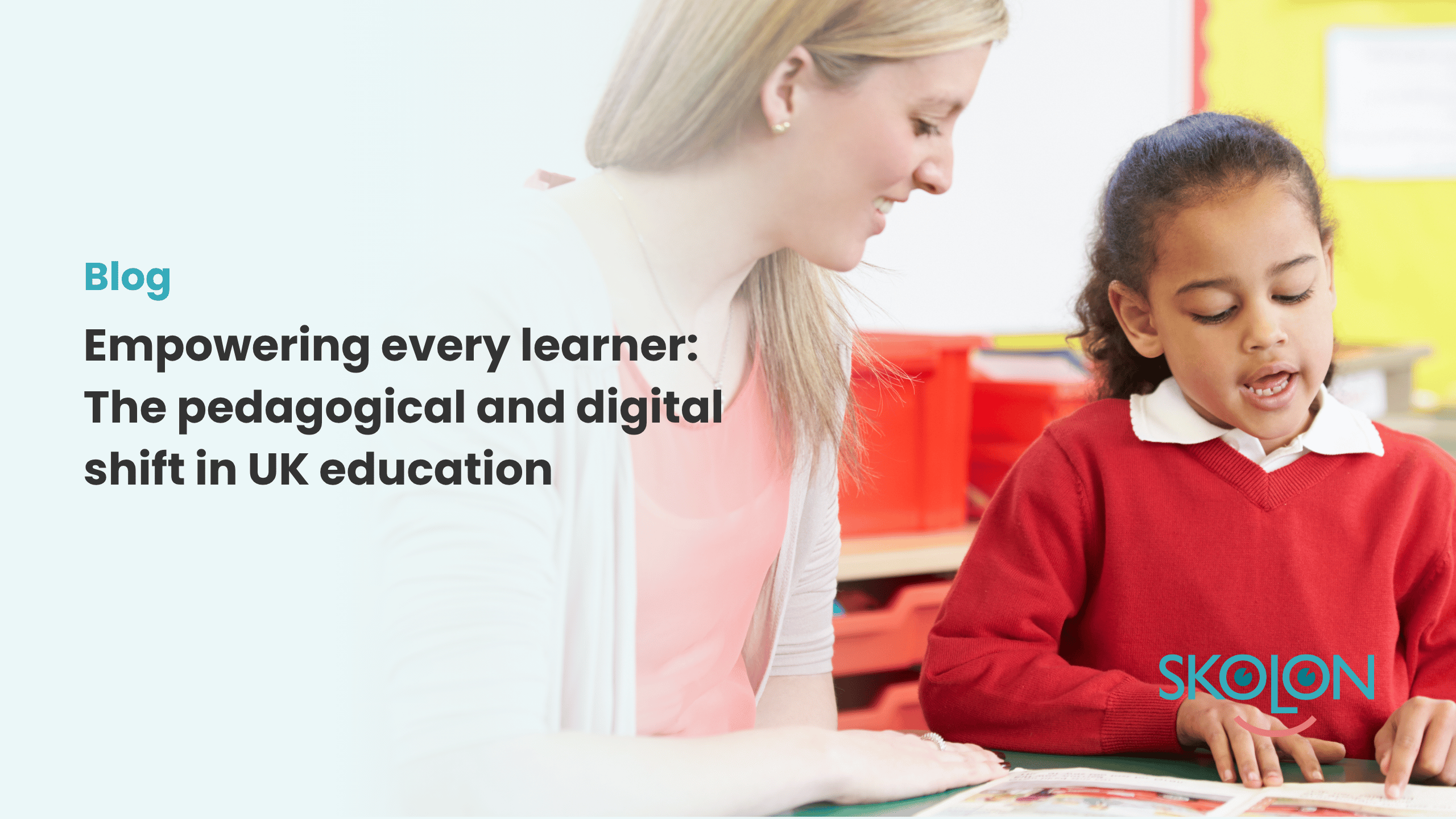

Across the UK, schools and multi-academy trusts are under growing pressure to raise standards while narrowing the ever widening, and incredibly persistent attainment gaps.
With classrooms now more diverse than ever – with regards to ability, background, and learning needs, educators face the complex task of ensuring every pupil thrives.
Therefore, against this bumpy backdrop, personalised learning has emerged not as an optional innovation, but as a central pillar of effective, equitable education.
For context, personalised learning should not be mistaken for pupils working in isolation or relying solely on technology.
Instead, it should represent a responsive, high-quality teaching approach that adapts content, pace, and support to the individual strengths, interests, and challenges of each learner – because that’s what it’s all about.
It’s about giving teachers the insight and flexibility to meet every child where they are – helping them move forward with confidence and purpose
Yet this ambition is not without challenge
UK schools and MATs are navigating the realities of budgets stretched to the brink, increasing teacher workload, and the ongoing effects caused post-pandemic learning loss. Classrooms have become even more complex, and teachers need the right support and tools to deliver personalisation at scale.
In this instance, digitalisation in schools offers a powerful opportunity. The right digital tools for teachers can streamline planning, enable smarter assessment, and make it easier to respond to pupils’ individual needs.
However, technology alone is not the solution
But it sure does help!
Whilst a well-designed school platform can act as a powerful enabler, they only actually work when the digital system works in harmony with pedagogy. This is because it has the propensity to relinquish educators so that they can focus on what truly matters – teaching, pupil progress and building a positive relationship in the classroom.

The pedagogical shift
Personalised learning represents more than one of the many trends that are rippling their way through the sector today, it represents a fundamental shift in how teaching and learning are approached across UK schools.
The move away from a “one-size-fits-all” classroom model requires a rethinking of pedagogy, not just the integration of new technologies.
It can even be said that true personalisation is rooted in responsive teaching, where every decision, be it from lesson design to assessment, is informed by an understanding of each pupil’s unique needs, interests, and potential.
Delving deeper, at the heart of this shift lies differentiated learning, which means teachers adapt content, process, and outcomes to meet diverse learner profiles.
This therefore ensures that every child, whether they’re working towards greater depth or require additional scaffolding, can succeed.
Additionally, shifting away from the one-size-fits-all approach can also be about using assessment for learning (AfL) effectively to inform instruction, track progress in real time, and guide pupils’ next steps.
Importantly, this approach ensures that pupils with Special Educational Needs and Disabilities (SEND) are fully supported through tailored interventions and accessible learning pathways.
At the crux of it, it can even be argued that this pedagogical shift is just as much about teacher empowerment as it is about pupil progress.
When schools use time-saving tools for school administrators and classroom staff, teachers are freed from repetitive administrative tasks and data management.
This allows them to focus on what they do best: teaching, inspiring, and building meaningful relationships with their pupils.
Personalised learning, supported by thoughtful digitalisation, therefore becomes a virtuous cycle: teachers gain time and insight; pupils gain confidence and agency.
The technology is not the driver—it’s the enabler. The true transformation lies in a teaching culture that recognises and nurtures the individuality of every child.
Compliance: why trust is paramount
While we all embrace the power of personalised learning and digital transformation, one fundamental truth remains: trust is the foundation of every effective education technology strategy; behind every digital interaction lies sensitive data—pupil progress, learning analytics, attendance records, and more.
Managing this responsibly is not just something to do; it’s a legal and moral obligation.
In the UK, compliance with UK GDPR and the Data Protection Act 2018 is non-negotiable. Personalised learning relies on collecting and analysing student data to tailor teaching and track progress, meaning every digital platform used in schools must meet the highest standards of privacy and data security.
Skolon is designed from the ground up as a GDPR-secure school platform, giving schools the assurance that pupil information is protected at every stage—from login to learning analytics.
A key part of this trust framework involves recognising the rights of pupils and their parents or guardians. Under UK GDPR, individuals have the right to access, control, and understand how their data is being used.
The Skolon Guardians feature brings this principle to life by offering transparency and oversight, ensuring parents and guardians can see how their child’s digital learning environment is being managed. Thus empowering families with clarity and confidence, aligning data responsibility with educational integrity.

Security also extends to access management
In many schools, multiple logins and passwords can create unnecessary complexity and increase the risk of breaches. The Skolon single sign-on system simplifies this by unifying access to all digital tools and platforms under one secure authentication process. Through a single, centralised Skolon login, educators and pupils can seamlessly and safely access their learning resources—reducing administrative burden while strengthening digital security.
For school IT teams and administrators, this integration represents more than convenience; it’s a safeguard.
By reducing password fatigue, minimising human error, and centralising oversight, Skolon’s IT solutions for schools make it easier to maintain compliance and protect every user’s digital identity.
In an era where data drives personalisation, security and transparency drive trust. Skolon’s compliance-first design ensures that innovation in learning never comes at the expense of privacy. Because in education, safeguarding data isn’t just about regulation—it’s about respect for the pupils, parents, and teachers who rely on it every single day.
Technology is just the spark
Personalised learning flourishes when powered by intelligent insight. Artificial Intelligence (AI) now plays a key role by analysing pupil performance data to deliver adaptive learning experiences that respond to individual progress. Through AI features in digital school platforms, such as Skolon’s Skolup AI, teachers gain instant feedback and tailored recommendations, while pupils benefit from adaptive revision and targeted support.
Better yet, technology is most effective when it’s connected. Many schools juggle multiple systems, creating digital fragmentation that slows progress. Skolon solves this by acting as a single hub to gather all the school’s digital tools in one place, ensuring a smooth, secure experience for teachers, pupils, and administrators.
Through deep Skolon integrations with core UK MIS/data systems and approved educational apps, schools can simplify setup, automate data flow, and reduce duplication. Meanwhile, Skolon AI (Skolup) enhances this connected ecosystem by offering intelligent automation and insights that save time and support smarter decisions.
In essence, Skolon harmonises technology—bringing together tools, data, and AI to create a cohesive, efficient, and truly personalised digital learning environment.
The path forward
As UK schools strive to close attainment gaps and deliver more equitable outcomes, the path forward is clear: secure, connected, and intelligent digital infrastructure. A unified digital school platform such as Skolon supports teachers with time-saving insights, empowers pupils through personalised learning, and gives administrators the data they need to drive sustained improvement.
Now is the moment for educators and school leaders to act. By embracing a centralised, GDPR-secure platform that unites every tool and resource, schools can transform how they teach, learn, and thrive in the digital age.
Information
Share this story
Subscribe
Would you like our newest articles delivered to your inbox? Sign up now!
Across the UK, schools and multi-academy trusts are under growing pressure to raise standards while narrowing the ever widening, and incredibly persistent attainment gaps.
With classrooms now more diverse than ever – with regards to ability, background, and learning needs, educators face the complex task of ensuring every pupil thrives.
Therefore, against this bumpy backdrop, personalised learning has emerged not as an optional innovation, but as a central pillar of effective, equitable education.
For context, personalised learning should not be mistaken for pupils working in isolation or relying solely on technology.
Instead, it should represent a responsive, high-quality teaching approach that adapts content, pace, and support to the individual strengths, interests, and challenges of each learner – because that’s what it’s all about.
It’s about giving teachers the insight and flexibility to meet every child where they are – helping them move forward with confidence and purpose
Yet this ambition is not without challenge
UK schools and MATs are navigating the realities of budgets stretched to the brink, increasing teacher workload, and the ongoing effects caused post-pandemic learning loss. Classrooms have become even more complex, and teachers need the right support and tools to deliver personalisation at scale.
In this instance, digitalisation in schools offers a powerful opportunity. The right digital tools for teachers can streamline planning, enable smarter assessment, and make it easier to respond to pupils’ individual needs.
However, technology alone is not the solution
But it sure does help!
Whilst a well-designed school platform can act as a powerful enabler, they only actually work when the digital system works in harmony with pedagogy. This is because it has the propensity to relinquish educators so that they can focus on what truly matters – teaching, pupil progress and building a positive relationship in the classroom.

The pedagogical shift
Personalised learning represents more than one of the many trends that are rippling their way through the sector today, it represents a fundamental shift in how teaching and learning are approached across UK schools.
The move away from a “one-size-fits-all” classroom model requires a rethinking of pedagogy, not just the integration of new technologies.
It can even be said that true personalisation is rooted in responsive teaching, where every decision, be it from lesson design to assessment, is informed by an understanding of each pupil’s unique needs, interests, and potential.
Delving deeper, at the heart of this shift lies differentiated learning, which means teachers adapt content, process, and outcomes to meet diverse learner profiles.
This therefore ensures that every child, whether they’re working towards greater depth or require additional scaffolding, can succeed.
Additionally, shifting away from the one-size-fits-all approach can also be about using assessment for learning (AfL) effectively to inform instruction, track progress in real time, and guide pupils’ next steps.
Importantly, this approach ensures that pupils with Special Educational Needs and Disabilities (SEND) are fully supported through tailored interventions and accessible learning pathways.
At the crux of it, it can even be argued that this pedagogical shift is just as much about teacher empowerment as it is about pupil progress.
When schools use time-saving tools for school administrators and classroom staff, teachers are freed from repetitive administrative tasks and data management.
This allows them to focus on what they do best: teaching, inspiring, and building meaningful relationships with their pupils.
Personalised learning, supported by thoughtful digitalisation, therefore becomes a virtuous cycle: teachers gain time and insight; pupils gain confidence and agency.
The technology is not the driver—it’s the enabler. The true transformation lies in a teaching culture that recognises and nurtures the individuality of every child.
Compliance: why trust is paramount
While we all embrace the power of personalised learning and digital transformation, one fundamental truth remains: trust is the foundation of every effective education technology strategy; behind every digital interaction lies sensitive data—pupil progress, learning analytics, attendance records, and more.
Managing this responsibly is not just something to do; it’s a legal and moral obligation.
In the UK, compliance with UK GDPR and the Data Protection Act 2018 is non-negotiable. Personalised learning relies on collecting and analysing student data to tailor teaching and track progress, meaning every digital platform used in schools must meet the highest standards of privacy and data security.
Skolon is designed from the ground up as a GDPR-secure school platform, giving schools the assurance that pupil information is protected at every stage—from login to learning analytics.
A key part of this trust framework involves recognising the rights of pupils and their parents or guardians. Under UK GDPR, individuals have the right to access, control, and understand how their data is being used.
The Skolon Guardians feature brings this principle to life by offering transparency and oversight, ensuring parents and guardians can see how their child’s digital learning environment is being managed. Thus empowering families with clarity and confidence, aligning data responsibility with educational integrity.

Security also extends to access management
In many schools, multiple logins and passwords can create unnecessary complexity and increase the risk of breaches. The Skolon single sign-on system simplifies this by unifying access to all digital tools and platforms under one secure authentication process. Through a single, centralised Skolon login, educators and pupils can seamlessly and safely access their learning resources—reducing administrative burden while strengthening digital security.
For school IT teams and administrators, this integration represents more than convenience; it’s a safeguard.
By reducing password fatigue, minimising human error, and centralising oversight, Skolon’s IT solutions for schools make it easier to maintain compliance and protect every user’s digital identity.
In an era where data drives personalisation, security and transparency drive trust. Skolon’s compliance-first design ensures that innovation in learning never comes at the expense of privacy. Because in education, safeguarding data isn’t just about regulation—it’s about respect for the pupils, parents, and teachers who rely on it every single day.
Technology is just the spark
Personalised learning flourishes when powered by intelligent insight. Artificial Intelligence (AI) now plays a key role by analysing pupil performance data to deliver adaptive learning experiences that respond to individual progress. Through AI features in digital school platforms, such as Skolon’s Skolup AI, teachers gain instant feedback and tailored recommendations, while pupils benefit from adaptive revision and targeted support.
Better yet, technology is most effective when it’s connected. Many schools juggle multiple systems, creating digital fragmentation that slows progress. Skolon solves this by acting as a single hub to gather all the school’s digital tools in one place, ensuring a smooth, secure experience for teachers, pupils, and administrators.
Through deep Skolon integrations with core UK MIS/data systems and approved educational apps, schools can simplify setup, automate data flow, and reduce duplication. Meanwhile, Skolon AI (Skolup) enhances this connected ecosystem by offering intelligent automation and insights that save time and support smarter decisions.
In essence, Skolon harmonises technology—bringing together tools, data, and AI to create a cohesive, efficient, and truly personalised digital learning environment.
The path forward
As UK schools strive to close attainment gaps and deliver more equitable outcomes, the path forward is clear: secure, connected, and intelligent digital infrastructure. A unified digital school platform such as Skolon supports teachers with time-saving insights, empowers pupils through personalised learning, and gives administrators the data they need to drive sustained improvement.
Now is the moment for educators and school leaders to act. By embracing a centralised, GDPR-secure platform that unites every tool and resource, schools can transform how they teach, learn, and thrive in the digital age.
Share this story
Subscribe
Would you like our newest articles delivered to your inbox? Sign up now!

